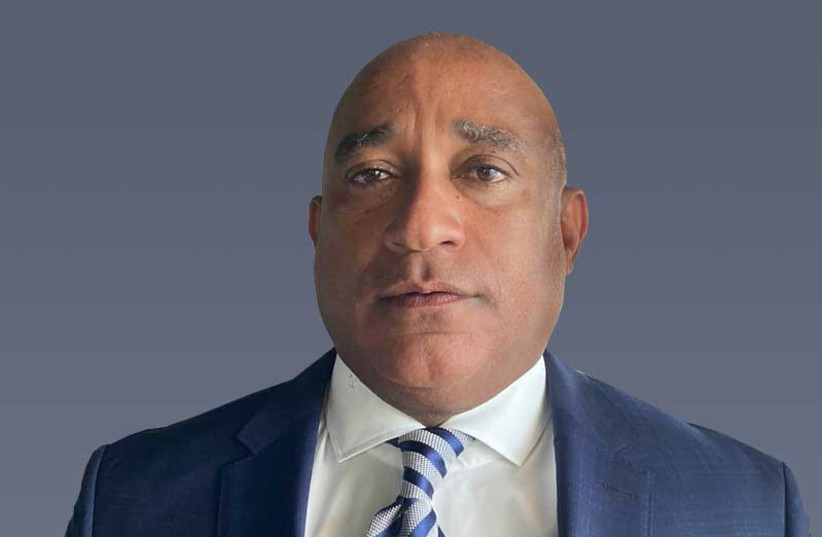Adrian Fox Bahamas Helping Citizens Of The Bahamas During Covid-19
Dr. Adrian Fox, the initiator of Island Luck, is a resident...
Discord: The Rising Chat App; What You Should Know
Discord is the latest, and one of the most popular, chat...
2 Ways to Make Sitting in Front of the Computer More Pleasant When Working Long Hours
It’s a fact of life these days that many individuals...
What is NEBOSH and why is it important?
Nowadays, there may be high risks in your workplace like...
To Make Real Money with an iOS App, You Need to Offer Entertainment, Gaming, or Dating
By the end of 2021, Statista estimates that mobile...
How Brexit could be the death of live music
Live music is about much more than just hearing your...
Why and When to Use a Limit Order?
Have you heard about limit orders? Have you ever used them?...
Stock Signals: Short Facts for Beginners
Can you start trading stocks if you do not have any...
5 Efficient Tax Attorney Recommendations on How to Save Money on Tax
Almost every country in the world levies its citizens to...
5 Instagram Growth Tactics You Definitely Should Not Overlook In 2021
For any business or brand, Instagram can be a major part of...











 Bitcoin
Bitcoin  Ethereum
Ethereum  Tether
Tether  XRP
XRP  USDC
USDC  Solana
Solana  TRON
TRON  Lido Staked Ether
Lido Staked Ether  Cardano
Cardano  Avalanche
Avalanche  Toncoin
Toncoin